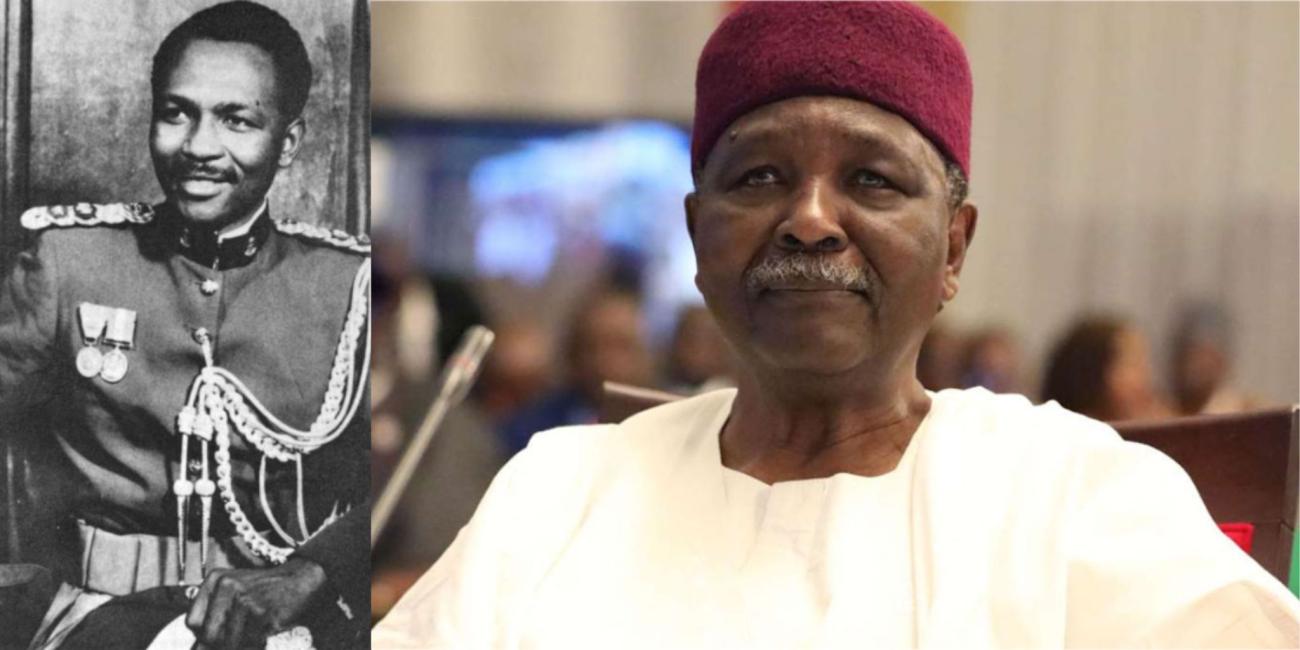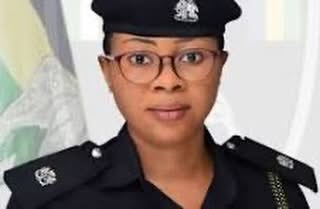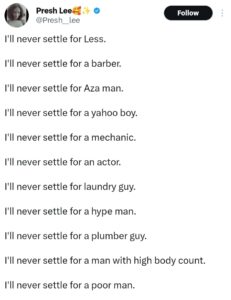News
1967 Biafran War Was To Stop Secession, Not Targeted At Igbos – Ex-Head Of State Gowon

Speaking during an interview on Arise News, Gowon explained that the war effort under his leadership was directed at stopping secession and preserving the country’s unity, not targeting any ethnic group.
Former Nigerian Head of State, General Yakubu Gowon (retd.), has insisted that the Biafra War was never aimed at the Igbo people but rather against those who took up arms to break Nigeria apart.
Speaking during an interview on Arise News, Gowon explained that the war effort under his leadership was directed at stopping secession and preserving the country’s unity, not targeting any ethnic group.
He said the Nigerian military was given strict orders to protect civilians, especially women and children, while engaging only those who posed a threat by taking up arms against the government.
“I had a responsibility and duty as a loyal Nigerian to keep the country whole. From the beginning, I ensured that this was not a war against Igbos as such, but one to stop the breaking up of Nigeria.”
“I gave a code of conduct of how the operations were to go; soldiers on the Nigerian side were to protect the people, especially women and children, and take up arms only against those who had taken arms against them. The number of people who were casualties of the war is not in millions. The other side also refused all attempts to send aid into their camp.”
“I think I have said that if the East does not break up from Nigeria, yes, and that was what I kept on saying, what I keep on saying, that if the East does not break up from Nigeria, I say, no, I have a responsibility to keep Nigeria, and as far as I’m concerned, that is my teaching.”
“And I won’t, but if the situation gets to this stage, when I have to choose between allowing the people to break up, you know, or having people to stop it, well, it would freeze the country. You know, I know where my responsibility is, because I have my loyalty, that loyalty, to the country.”
It could be recalled that the Biafra War, also known as the Nigerian Civil War, lasted from July 6, 1967, to January 13, 1970.
It began after the Eastern Region of Nigeria, led by Lt. Colonel Odumegwu Ojukwu, declared independence as the Republic of Biafra following ethnic violence and political unrest, especially against the Igbo people.
The Nigerian government under Gowon rejected the secession, leading to a brutal conflict. The war caused widespread devastation, particularly in Biafra, where a blockade led to mass starvation.
Over 1million civilians, mostly children, died from hunger and disease, and total casualties are estimated between one and three million.
Despite strong resistance, Biafra surrendered in January 1970. The federal government declared “no victor, no vanquished” and initiated a reconciliation process.
However, the war left deep scars and long-lasting ethnic and regional tensions in Nigeria, especially among the Igbo, who felt marginalised before, during, and after the conflict.
Biafra War Not Fight Against Igbos, But Secessionists Carrying Arms Against Governments – Gowon
I had a responsibility and duty as a loyal Nigerian to keep the country whole. From the beginning, I ensured that this was not a war against Igbos as such, but one to stop the… pic.twitter.com/FIutx639T7
— ARISE NEWS (@ARISEtv) June 18, 2025
News
Man in shock after lady he lodged with in a hotel in Abuja flees with his car and other valuables

A Nigerian man is currently in shock after a young lady identified as Precious Chinyere , whom he took to a hotel in the Asokoro area in the FCT for a romantic getaway allegedly fled with his car and other personal belongings on Thursday, February 5,
The distraught man and Precious had visited the hotel and opted for a short time stay. Things took a different in the evening when the man noticed Precious had left the hotel room without notifying him and took along with her some of his personal belongings including phones and laptop and also his car.
The victim immediately reported the incident to the police.
When contacted, the spokesperson of the FCT police command, SP Josephine Adeh, told LIB that the matter is currently being investigated and that efforts are being made to apprehend the suspect.
News
US Reacts As De@th Toll In Kwara Terror Attacks Hits 200

The United States Mission in Nigeria has condemned the k!lling of more than 200 civilians in recent attacks on communities in Kwara State.
Recall that terrorists launched de@dly attacks on Woro and Nuku communities in Kaiama Local Government Area of the state on Tuesday night, k!lling unsuspecting citizens.
It was gathered that the gunmen invaded the villages, opened fire on residents and burned homes.
According to reports, the de@th toll from the unfortunate incident hit 200 on Thursday night.
Reacting, the US Mission Nigeria condemned the k!lling via a post on its official X handle.
The post reads, “The United States condemns the horrific attack in Kwara state in Nigeria, which claimed the lives of more than 160 people, with the de@th toll still unconfirmed and many still unaccounted for.
“We express our deepest condolences to the families of those affected by this senseless violence.
“We welcome President Tinubu’s order to deploy security forces to protect villages in the area and his directive to federal and state officials to provide aid to the community and bring the perpetrators of this atrocity to justice.”
News
“I’ll never settle for a barber, yahoo boy or a poor man” — nail tech’s list of men she says she can’t marry sparks reactions online

A Nigerian nail technician has set social media talking after openly listing the kind of men she says she can never settle for.
In a now-viral post, she stated clearly that she refuses to “settle for less” and went on to mention professions and traits she considers a no-go area.
According to her, she can never settle for a barber, an aza man, a yahoo boy, a mechanic, an actor, a laundry man, a hype man, or a plumber. She also added that she wouldn’t marry a man with a high body count or a poor man.

-
Business1 year ago
US court acquits Air Peace boss, slams Mayfield $4000 fine
-

 Trending1 year ago
Trending1 year agoNYA demands release of ‘abducted’ Imo chairman, preaches good governance
-

 Politics1 year ago
Politics1 year agoMexico’s new president causes concern just weeks before the US elections
-

 Politics1 year ago
Politics1 year agoPutin invites 20 world leaders
-

 Politics1 year ago
Politics1 year agoRussia bans imports of agro-products from Kazakhstan after refusal to join BRICS
-
Entertainment1 year ago
Bobrisky falls ill in police custody, rushed to hospital
-
Entertainment1 year ago
Bobrisky transferred from Immigration to FCID, spends night behind bars
-
Education1 year ago
GOVERNOR FUBARA APPOINTS COUNCIL MEMBERS FOR KEN SARO-WIWA POLYTECHNIC BORI




